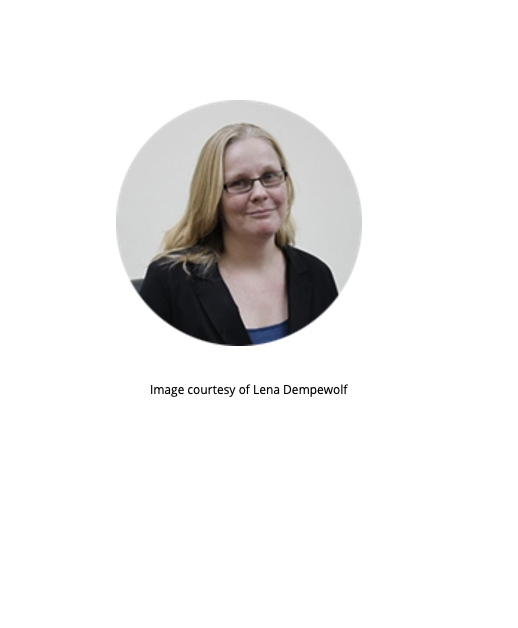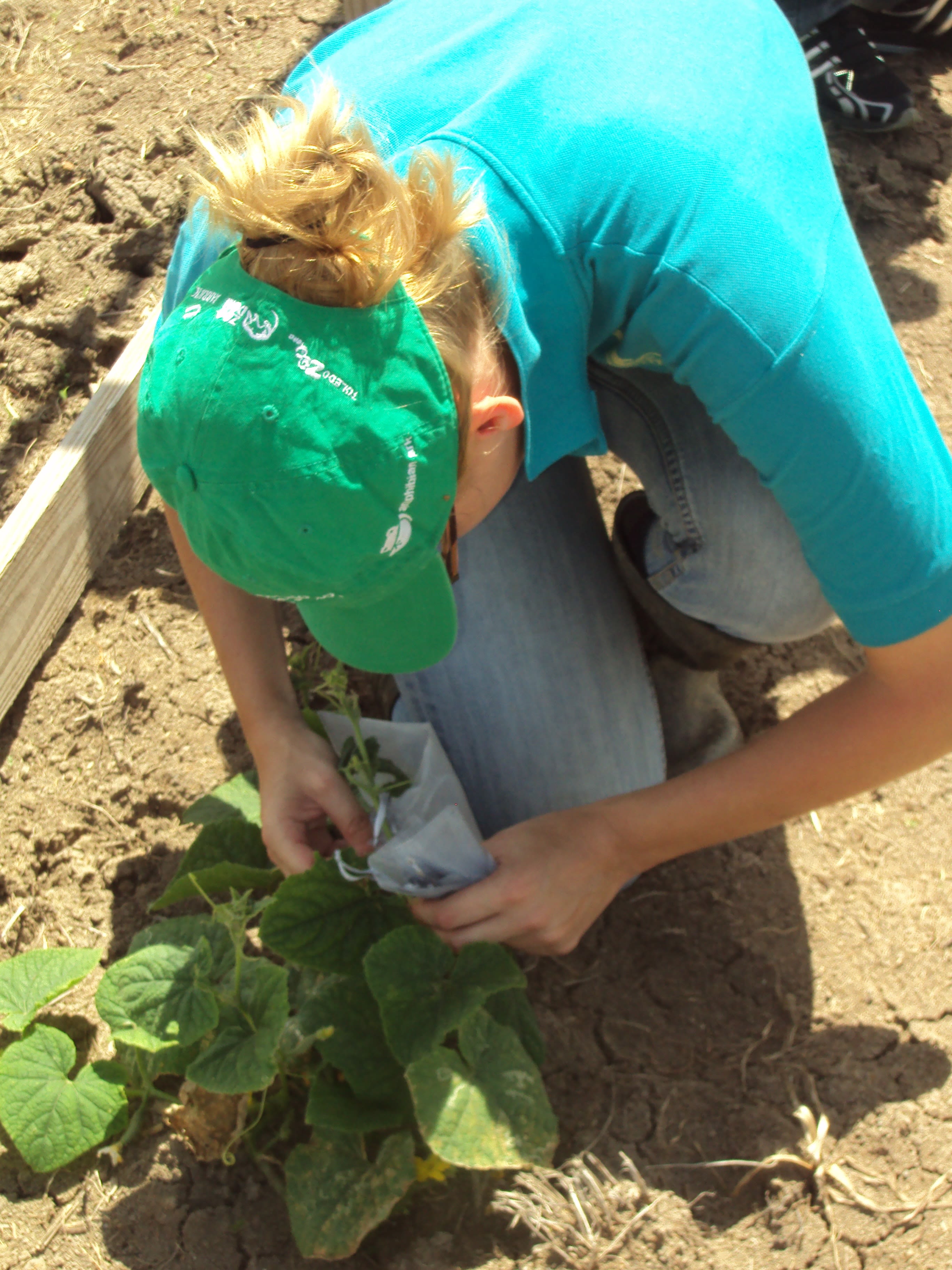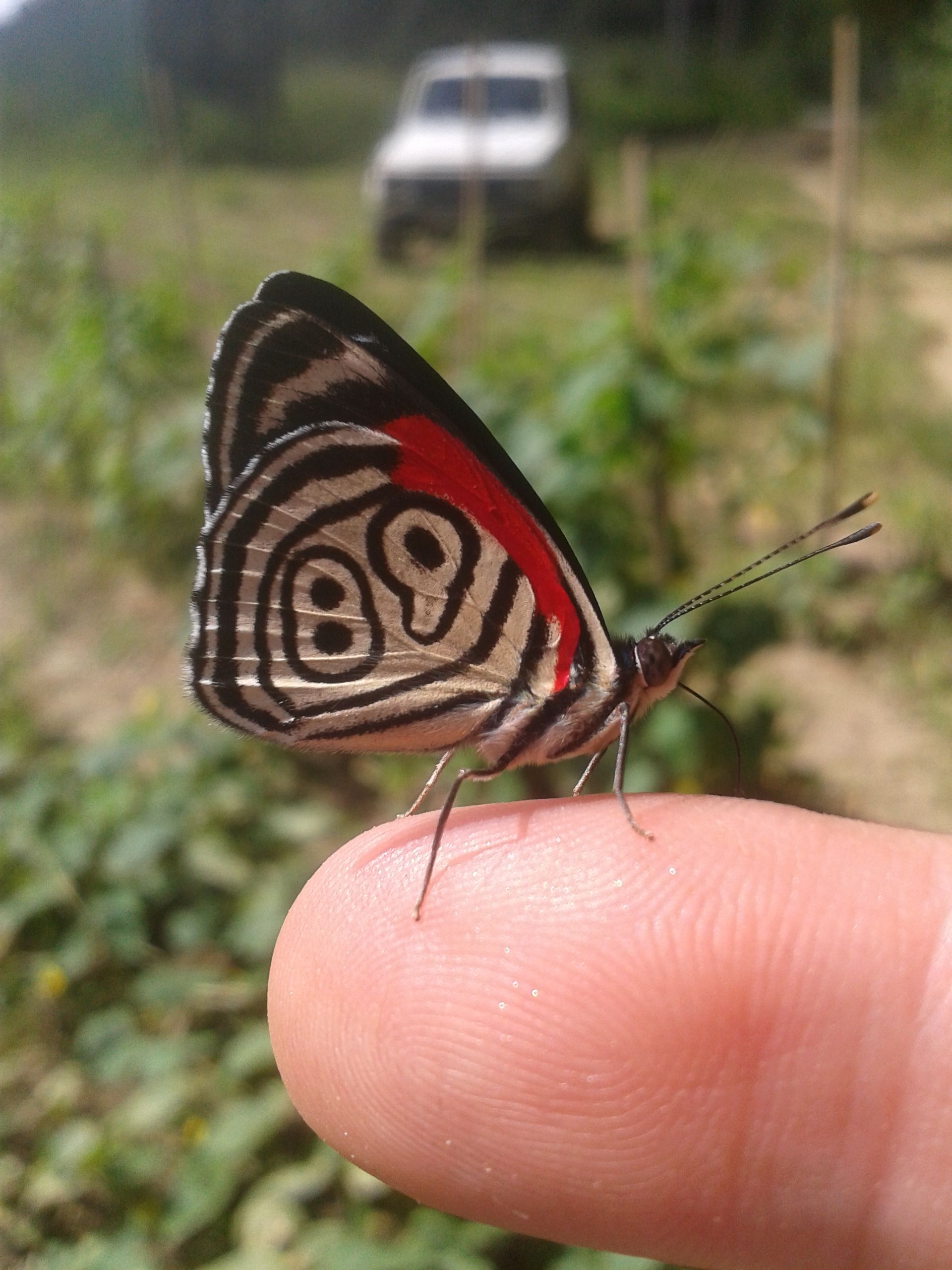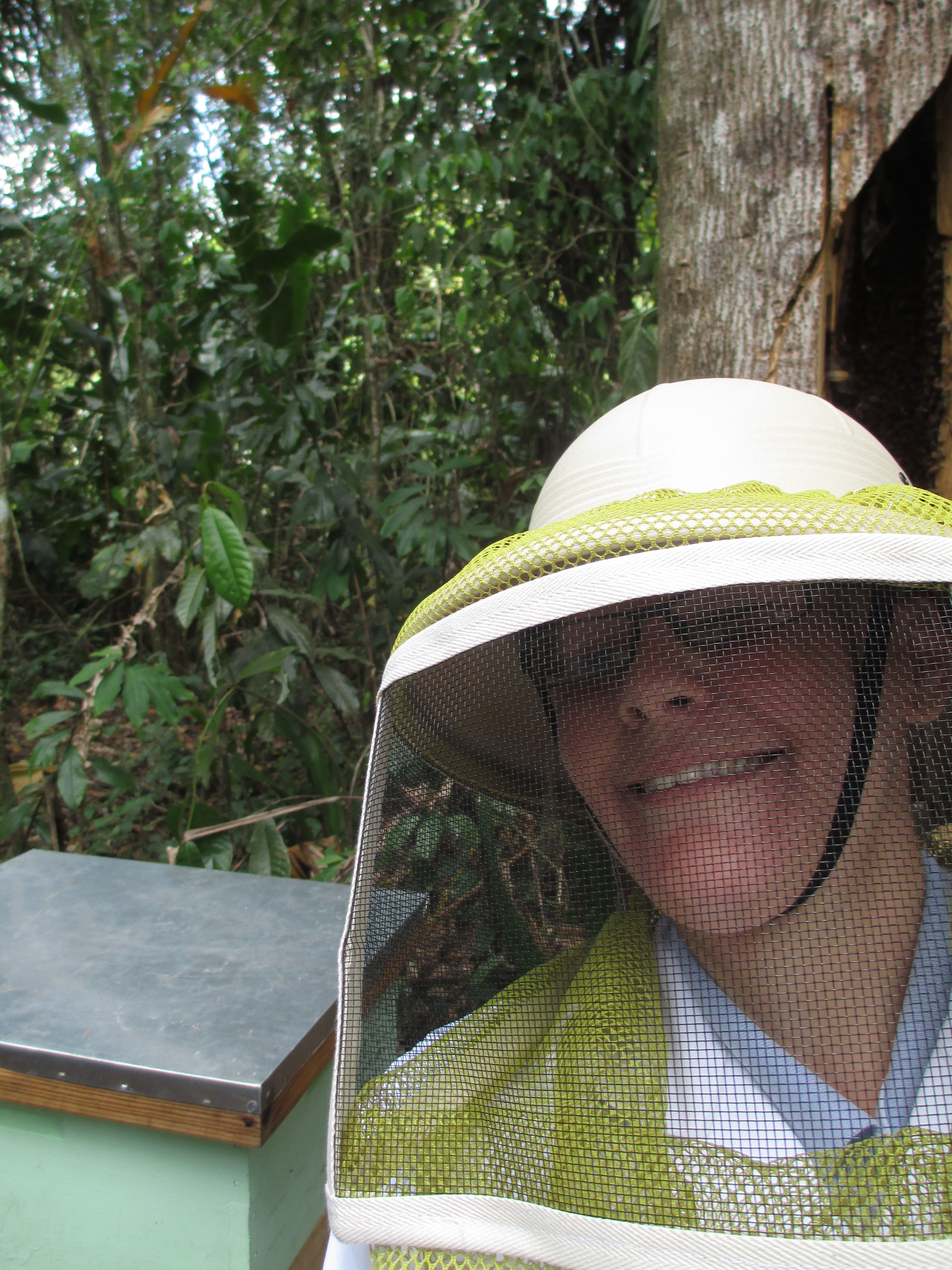Expert Corner: Lena Dempewolf on the BES Solution Fund in Trinidad and Tobago
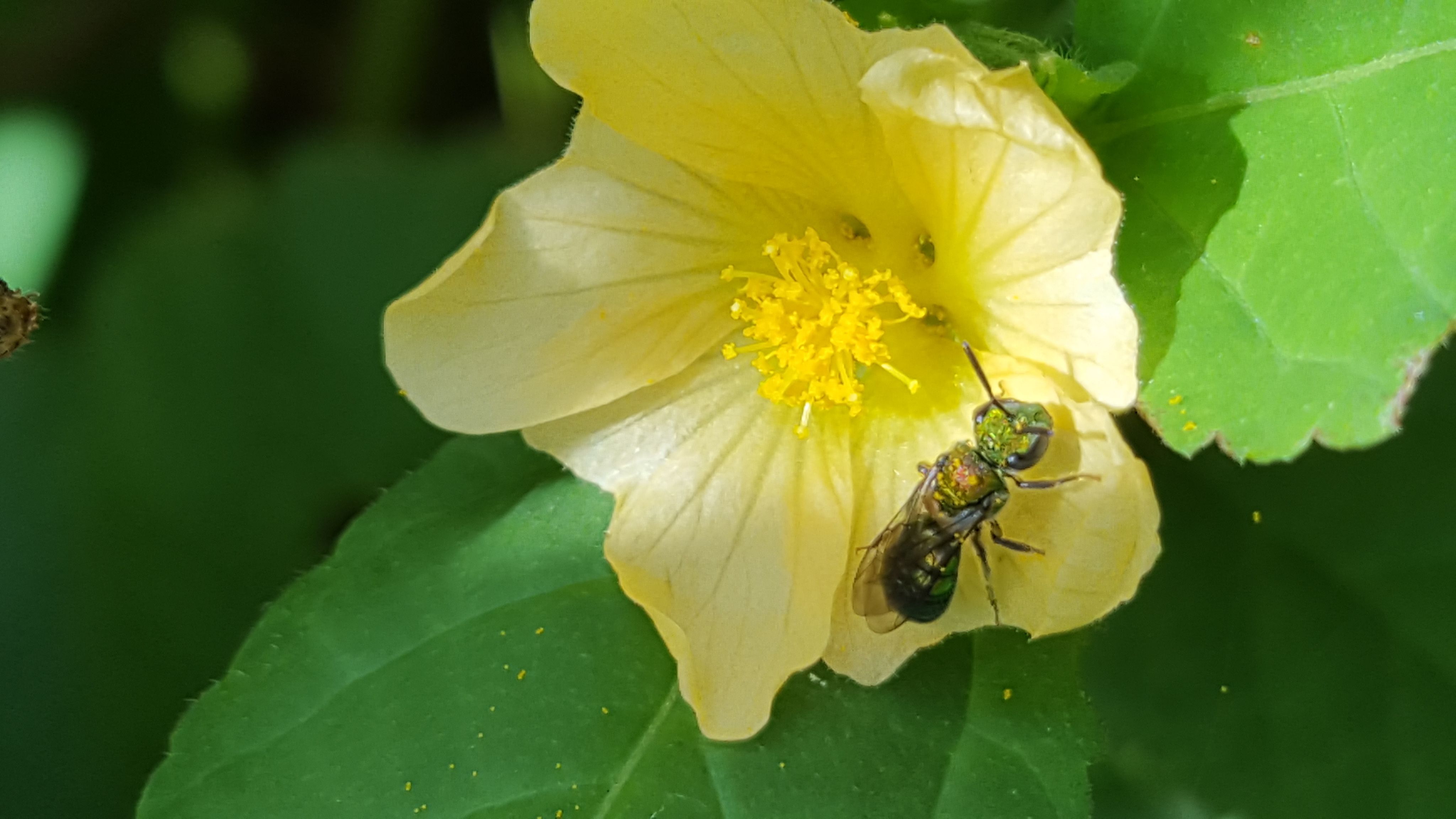
A conversation with Lena Dempewolf, Biodiversity Specialist at the Ministry of Planning and Development in Trinidad and Tobago.
Lena Dempewolf currently serves as a Biodiversity Specialist at the Environmental Policy and Planning Division of the Ministry of Planning and Development of Trinidad and Tobago. She is a pollination ecologist and ecosystem services specialist whose past research focused on the identification, assessment and evaluation of pollination services in neotropical agricultural landscapes. As a technical researcher for the Project for Ecosystem Services team, she led the accounting for pollination services in the Nariva region of Trinidad and Tobago. She has also worked at the Global Water Partnership-Caribbean as a Programme Officer supporting the Water, Climate and Development Programme and supported several projects, including the Improving Forest and Protected Area Management in Trinidad and Tobago project for the Matura Forest and Coastal Zone and a joint University of the West Indies and National Gas Company project measuring carbon sequestration at reafforestation sites.
Trinidad and Tobago was one of the seven countries targeted for the Caribbean Regional Trialogue, which BES-Net organized in September 2018 to enhance awareness, networking and commitment around the Intergovernmental Science-Policy Platform on Biodiversity and Ecosystem Services (IPBES) thematic assessment of pollinators, pollination and food production. The country is receiving catalytic support through the BES Solution Fund to implement key priority national actions identified during the Trialogue for the IPBES assessment uptake.
Dr. Lena Dempewolf is one of the experts leading the implementation of activities that strengthen pollinator-friendly policies and standards while addressing knowledge gaps through citizen science initiatives, school campaigns and other awareness-raising opportunities.
Your career path started in an academic setting as a researcher before moving into your role in the Ministry of Planning and Development of Trinidad and Tobago. Is it helpful to come into the policy sector with a scientific background?
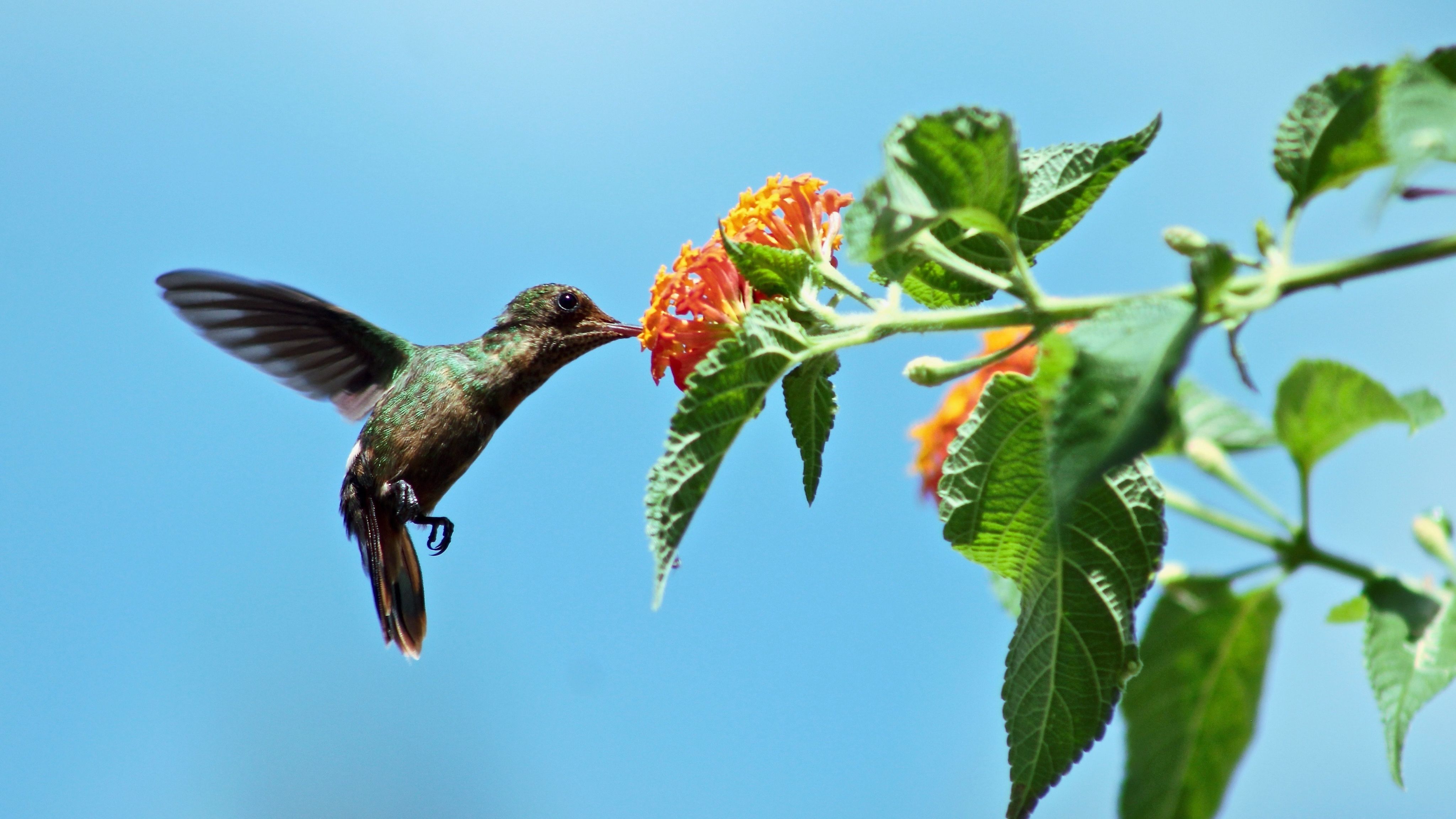
Working on environmental policies, it is crucial to be up to date with the most recent research on trends of biodiversity loss and climate change that the scientific community informs us about. A scientific background helps keep the most recent research for informed decision-making on my radar.
However, my current work at the Ministry is also about paving the way for collaboration between diverse stakeholders and understanding Multilateral Environmental Agreements (MEAs) negotiation processes. I was very familiar with the work on pollination and pollinators, as it was the focus of my research, but I had to learn about MEAs and related processes, such as the Convention on Biological Diversity (CBD) and IPBES. It took me some time to be able to navigate this landscape with confidence. My learning focused on wearing both hats in a way that would benefit my work the most.
What advice would you give to somebody with a scientific background aiming to collaborate or join the policy sector?
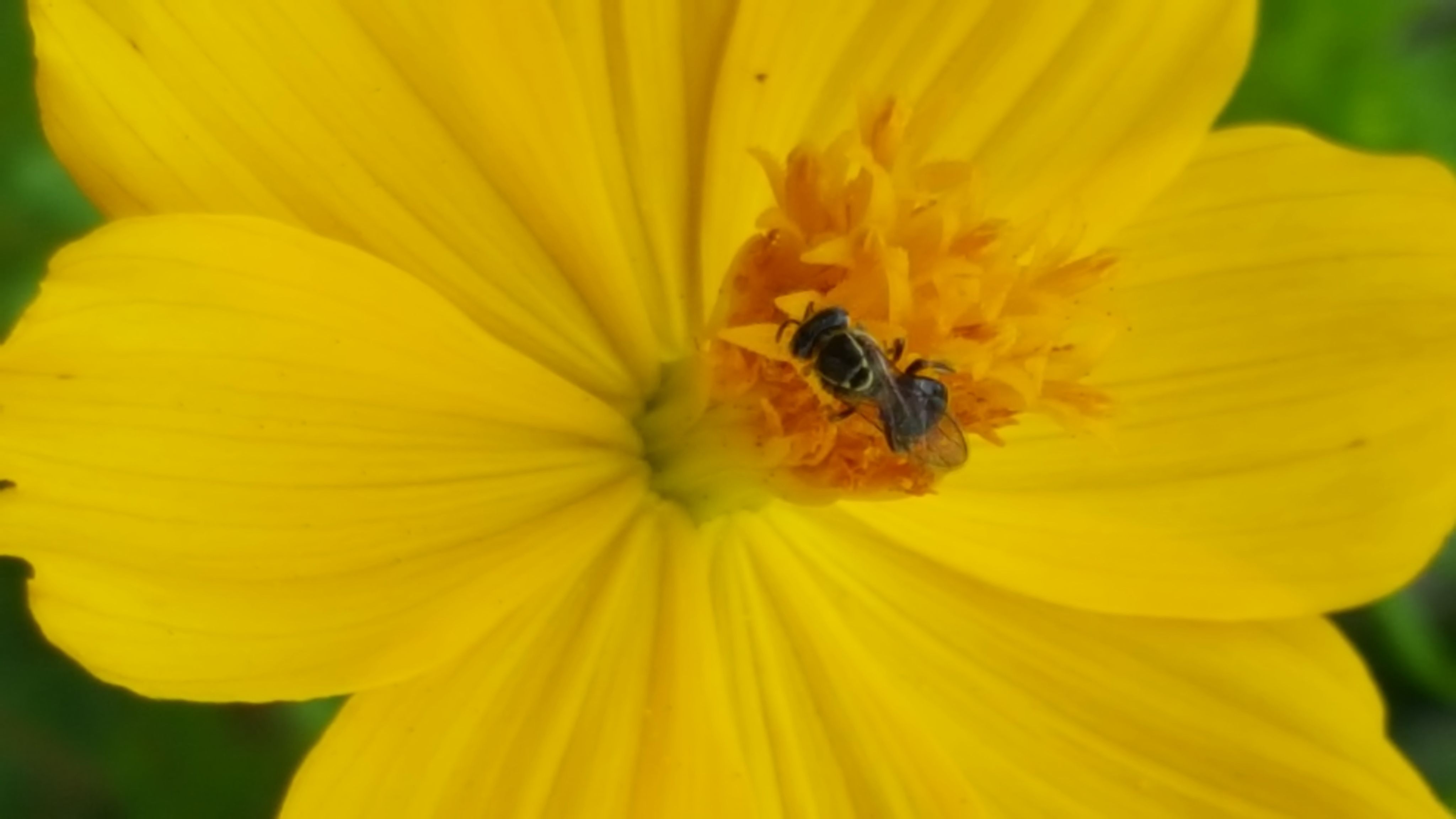
There is no one-size-fits-all recipe for a smooth transition. It helps to keep an open mind, listen to different perspectives, acknowledge their intrinsic value and learn from diverse backgrounds.
As academic researchers, we are inclined to listen to data and look for evidence in a laboratory. Yet, with the work on the iNaturalist initiative supported by the BES Solution Fund in Trinidad and Tobago, I started to value more the contribution that citizen science can make to knowledge production. It is through this citizen science initiative that a butterfly species, Microceris dulcinea, which has been observed in several South and Central American countries (including Colombia, Mexico, Costa Rica, Panama, Colombia, Venezuela and Ecuador) was observed for the first time in Trinidad and Tobago. So, keeping an open mind fosters innovation!
What inspired you to pursue a scientific career, and did you experience barriers as a woman in natural sciences research?
As a young girl growing up in Germany, I never had a perception of my gender being an obstacle to my aspirations. When I was in 8th or 9th grade after I moved to Trinidad, I had an inspiring biology teacher who encouraged my interest in natural sciences. I cultivated that interest supported by the biology teacher, even in my free time! The choice of a university degree was quite natural.
After that, I completed my Ph.D. in Environmental Biology at the University of West Indies, focusing on the identification and valuation of pollination services in Caribbean agriculture. Throughout my research, I was supported by my supervisor, who helped me overcome the stress and anxiety familiar to many young researchers.
Despite those uplifting personal experiences and meeting many people who inspired me and believed in me, I recognize that science is still a male-dominated environment where it’s not easy to make women’s voices heard, and you’re not always spontaneously offered a seat at the decision-making table. I firmly believe that we’re moving towards a shift in this paradigm, and I try to contribute to this change as much as I can. In our work on activities related to the BES Solution Fund in Trinidad and Tobago, we aim to ensure that women are involved and engaged in every aspect of our project; presently, our steering committee consists of mostly women!
Image courtesy of Lena Dempewolf
Image courtesy of Lena Dempewolf
Image courtesy of Lena Dempewolf
Image courtesy of Lena Dempewolf
Image courtesy of Lena Dempewolf
Image courtesy of Lena Dempewolf
Why is pollinator conservation close to your heart?
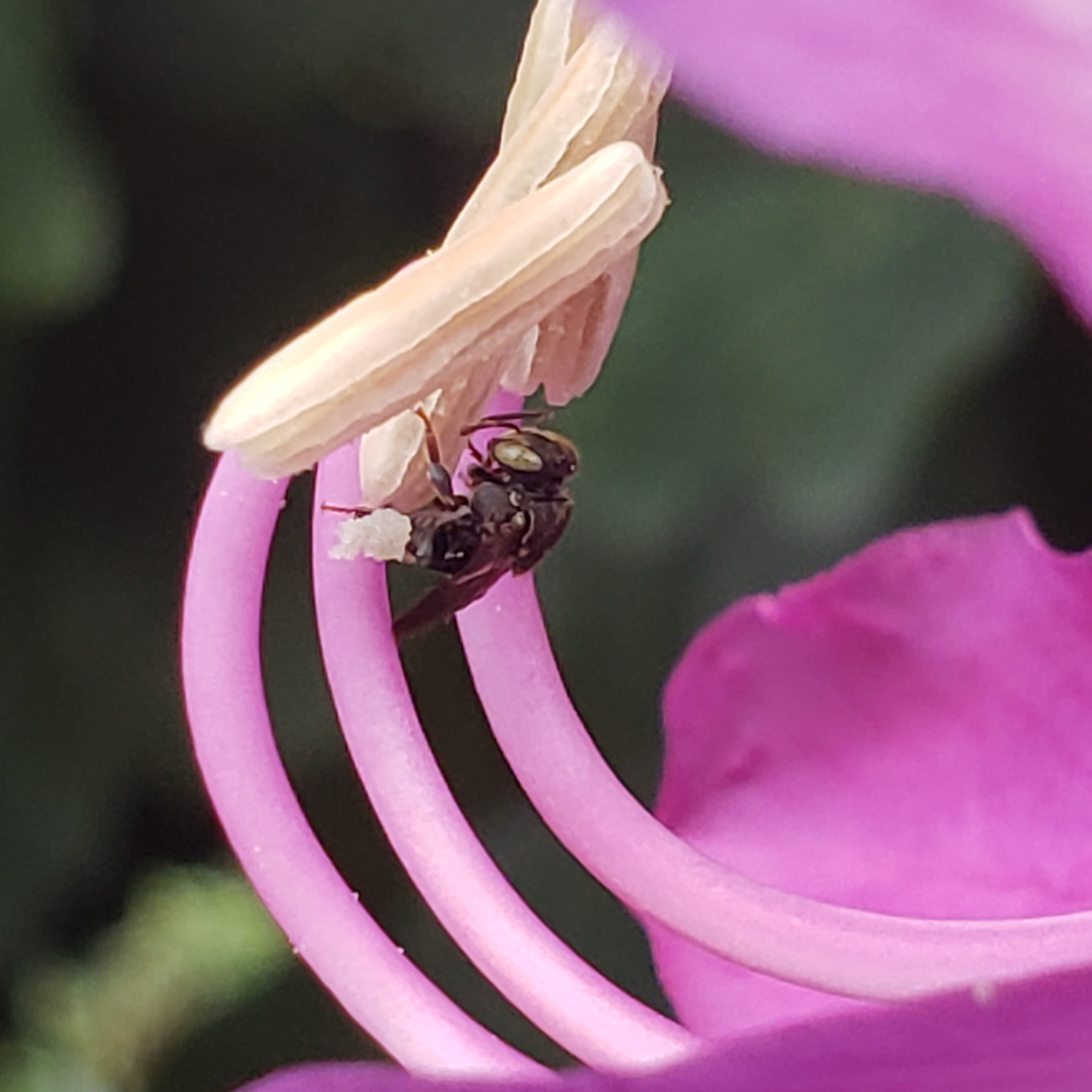
The importance of pollinators for biodiversity conservation and, in general, for the natural world as we know it is immense and so underestimated! During my studies, I was struck by the lack of information and public awareness of how many areas of our daily life directly or indirectly depend on pollination. Its contribution to our lives – from food security to livelihood and community well-being – is enormous, yet that value is rarely acknowledged.
When I finished my Ph.D., I had a list of what needed to be done to protect pollinators in Trinidad and Tobago. I’m especially enthusiastic about continuing working on citizen science, such as our iNaturalist platform and other school and awareness-raising campaigns supported by the BES Solution Fund, as bridging that knowledge gap was part of my original list!
The iNaturalist platform stores the photos of animal and plant species recorded by a community of citizen scientists in the gardens, fields, schools etc. These photos help research scientists monitor the distribution of useful pollinators and harmful pests and identify new species in Trinidad and Tobago and across the Caribbean islands, countries and territories.
As of 17 June 2022, some 3,000 observations were contributed by over 200 people in Trinidad and Tobago, leading to an improved understanding of the distribution of more than 600 pollinators and pest species.

